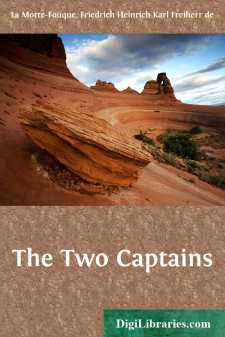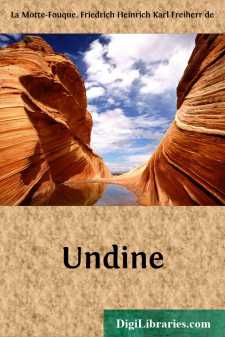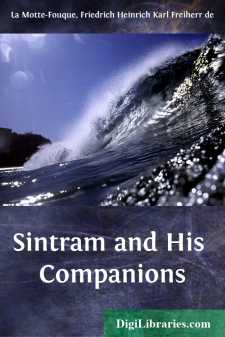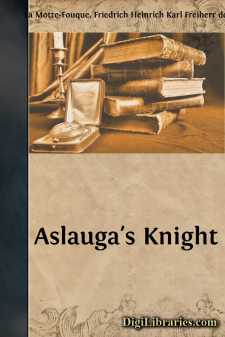Categories
- Antiques & Collectibles 13
- Architecture 36
- Art 48
- Bibles 22
- Biography & Autobiography 813
- Body, Mind & Spirit 141
- Business & Economics 28
- Children's Books 12
- Children's Fiction 9
- Computers 4
- Cooking 94
- Crafts & Hobbies 4
- Drama 346
- Education 46
- Family & Relationships 57
- Fiction 11826
- Games 19
- Gardening 17
- Health & Fitness 34
- History 1377
- House & Home 1
- Humor 147
- Juvenile Fiction 1873
- Juvenile Nonfiction 202
- Language Arts & Disciplines 88
- Law 16
- Literary Collections 686
- Literary Criticism 179
- Mathematics 13
- Medical 41
- Music 40
- Nature 179
- Non-Classifiable 1768
- Performing Arts 7
- Periodicals 1453
- Philosophy 64
- Photography 2
- Poetry 896
- Political Science 203
- Psychology 42
- Reference 154
- Religion 513
- Science 126
- Self-Help 83
- Social Science 81
- Sports & Recreation 34
- Study Aids 3
- Technology & Engineering 59
- Transportation 23
- Travel 463
- True Crime 29
Friedrich Heinrich Karl Freiherr de La Motte-Fouque
Friedrich Heinrich Karl Freiherr de La Motte-Fouqué (1777–1843) was a German Romantic writer known for his works that combined chivalric themes with supernatural elements. His most famous work is the novella "Undine" (1811), a tale about a water nymph who marries a knight to gain a soul. Fouqué was a prolific author who also wrote plays, poems, and novels, many of which dealt with medieval and mythological themes. Although widely popular during his lifetime, his reputation declined after his death, and today he is mostly remembered for "Undine."
Author's Books:
Sort by:
CHAPTER I. A Mild summer evening was resting on the shores of Malaga, awakening the guitar of many a merry singer among the ships in the harbor, and in the city houses, and in many an ornamental garden villa. Emulating the voices of the birds, the melodious tones greeted the refreshing coolness, and floated like perfumed exhalations from meadow and water, over the enchanting region. Some troops of...
more...
CHAPTER 1 On a beautiful evening, many hundred years ago, a worthy old fisherman sat mending his nets. The spot where he dwelt was exceedingly picturesque. The green turf on which he had built his cottage ran far out into a great lake; and this slip of verdure appeared to stretch into it as much through love of its clear waters as the lake, moved by a like impulse, strove to fold the meadow, with its...
more...
Introduction Four tales are, it is said, intended by the Author to be appropriate to the Four Seasons: the stern, grave "Sintram", to winter; the tearful, smiling, fresh "Undine", to Spring; the torrid deserts of the "Two Captains", to summer; and the sunset gold of "Aslauga's Knight", to autumn. Of these two are before us. The author of these tales, as well as of...
more...
CHAPTER I. Many years ago there lived in the island of Fuhnen a noble knight, called Froda, the friend of the Skalds, who was so named because he not only offered free hospitality in his fair castle to every renowned and noble bard, but likewise strove with all his might to discover those ancient songs, and tales, and legends which, in Runic writings or elsewhere, were still to be found; he had even...
more...





